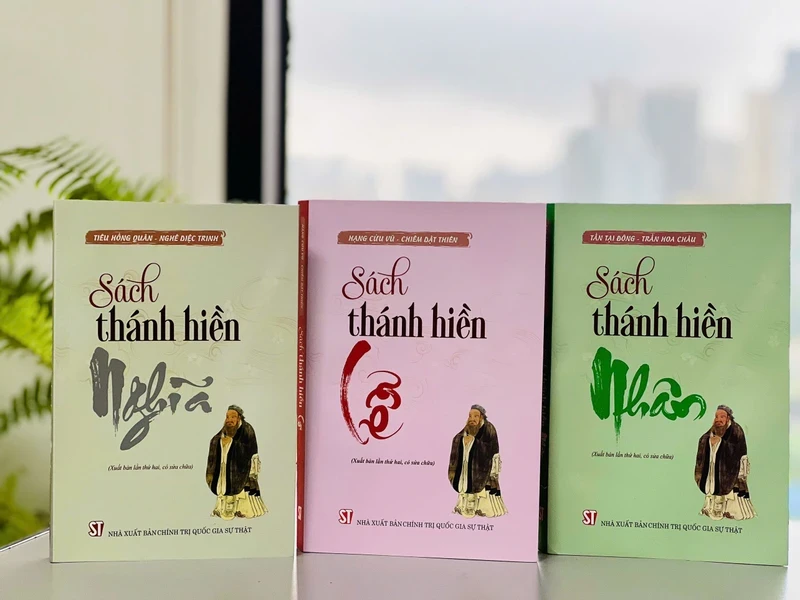
Born from the materials of the Truong Giang Literature Publishing House (China), the three-volume book series Nhan, Le, Nghia was carefully compiled, inheriting the spirit of Confucianism - a philosophical system that has deeply shaped not only the East but also contributed to building the moral foundation for humanity.
Focusing on the three fundamental virtues in Confucianism, the book is not only a philosophical handbook for life but also a mirror for reflecting on oneself in behavior, in choosing between right and wrong, benefit and righteousness.
Confucian philosophy, with its emphasis on morality, self-cultivation, community service and the practice of benevolence, has not only been the spiritual foundation for East Asian nations for thousands of years but also has profound humanistic values for all of humanity. The core virtues of Benevolence, Propriety, Righteousness, Wisdom and Trust - the five pillars of Confucianism - are the guiding principles for human behavior and lifestyle, regardless of the era.
Book series The book of sages , which has now released three volumes including Humanity, Etiquette, and Righteousness and is about to release two more volumes, Wisdom and Trust, not only provides theoretical knowledge but also helps readers deeply feel the humanistic and humane spirit of Confucianism.
In particular, the book Nghia, edited by Tieu Hong Quan and Nghe Diec Trinh, provides an insight into the role of “Nghia” in social life - as a measure of integrity, loyalty and community service.
In Holy books - Humanity highlights the spirit of compassion, altruism, sincerity and diligence. “Humanity” is not only the love between people but also the core quality that helps people become gentlemen - acting for righteousness, staying away from selfish fame and profit.
Rites - according to Confucianism - are not simply rituals, but moral standards, a model for people to self-regulate their behavior. Read the book Holy books - The ceremony helps readers better understand the role of rituals in maintaining social order and harmony between people, while closely linking the virtue of "Humanity" in content and form.
Righteousness - is the profound highlight of the book series. With a thorough analytical style, the book shows that "righteousness" is not only the right reasoning in behavior but also the sacrifice of the individual ego for the community, for justice and morality. A person with "Righteousness" is someone who knows how to put the common good above personal interests, knows how to behave ethically and does not seek fame and profit. "Righteousness" is not only morality in words but also expressed through behavior and lifestyle.
Although it is a classic book with high language difficulty and knowledge content, the set Holy books - Humanity, Etiquette, and Justice still retain their original values, helping readers have a more comprehensive and profound view of a system of values that has dominated Eastern thought for centuries.
The book is not only for academic researchers but also a valuable document for anyone who wishes to cultivate morality, cultivate themselves, and live responsibly towards the community. Reading the Book of Sages is also a journey to find oneself in the values that have formed the character of an entire Eastern civilization.
Holidays are a time to recharge, but they are also a time to reaffirm core values. In an increasingly complex and volatile world, reading and reflecting on the three moral pillars of Confucianism - Humanity, Propriety, and Righteousness - can be the way for each person to find balance in modern life.
Source: https://baolangson.vn/gin-giu-va-phat-huy-gia-tri-dao-duc-phuong-dong-qua-bo-sach-sach-thanh-hien-5045622.html


![[Photo] Ho Chi Minh City residents "stay up all night" waiting for the April 30th celebration](https://vphoto.vietnam.vn/thumb/1200x675/vietnam/resource/IMAGE/2025/4/30/560e44ae9dad47669cbc4415766deccf)
![[Photo] Hanoi is brightly decorated to celebrate the 50th anniversary of National Reunification Day](https://vphoto.vietnam.vn/thumb/1200x675/vietnam/resource/IMAGE/2025/4/29/ad75eff9e4e14ac2af4e6636843a6b53)
![[Photo] General Secretary attends special art program "Spring of Unification"](https://vphoto.vietnam.vn/thumb/1200x675/vietnam/resource/IMAGE/2025/4/29/e90c8902ae5c4958b79e26b20700a980)

![[Photo] Nghe An: Bustling atmosphere celebrating the 50th anniversary of Southern Liberation and National Reunification Day](https://vphoto.vietnam.vn/thumb/1200x675/vietnam/resource/IMAGE/2025/4/29/64f2981da7bb4b0eb1940aa64034e6a7)
![[Photo] Ho Chi Minh City: People are willing to stay up all night to watch the parade](https://vphoto.vietnam.vn/thumb/1200x675/vietnam/resource/IMAGE/2025/4/29/cf71fdfd4d814022ac35377a7f34dfd1)





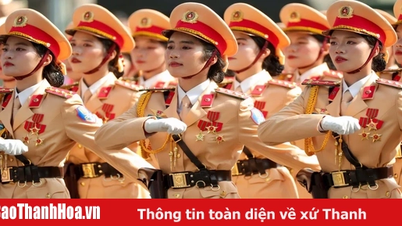










![[Photo] Prime Minister Pham Minh Chinh meets to prepare for negotiations with the United States](https://vphoto.vietnam.vn/thumb/1200x675/vietnam/resource/IMAGE/2025/4/29/76e3106b9a114f37a2905bc41df55f48)













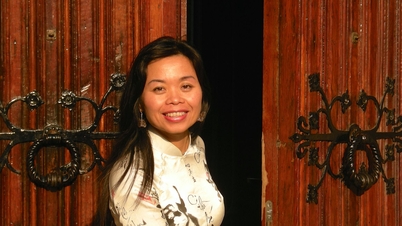



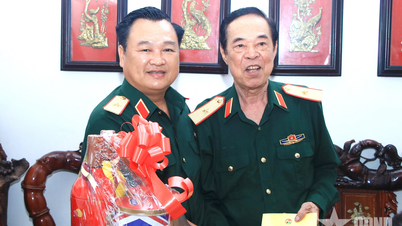























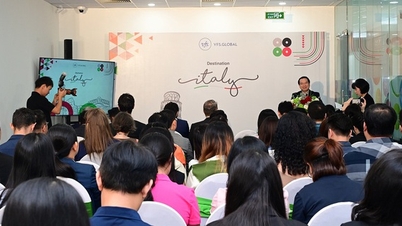













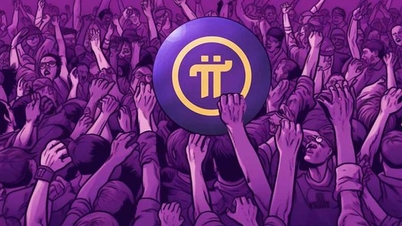












Comment (0)